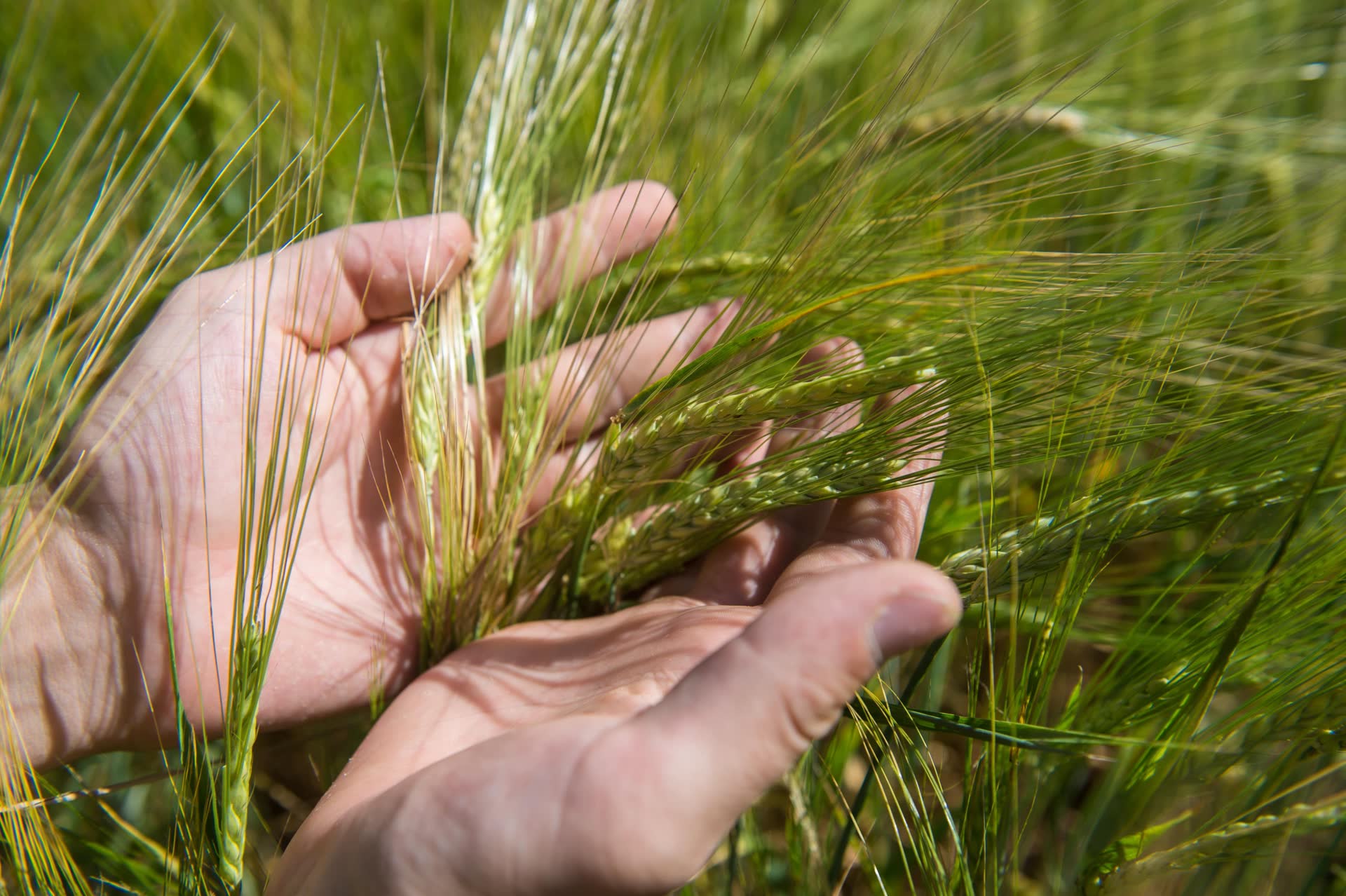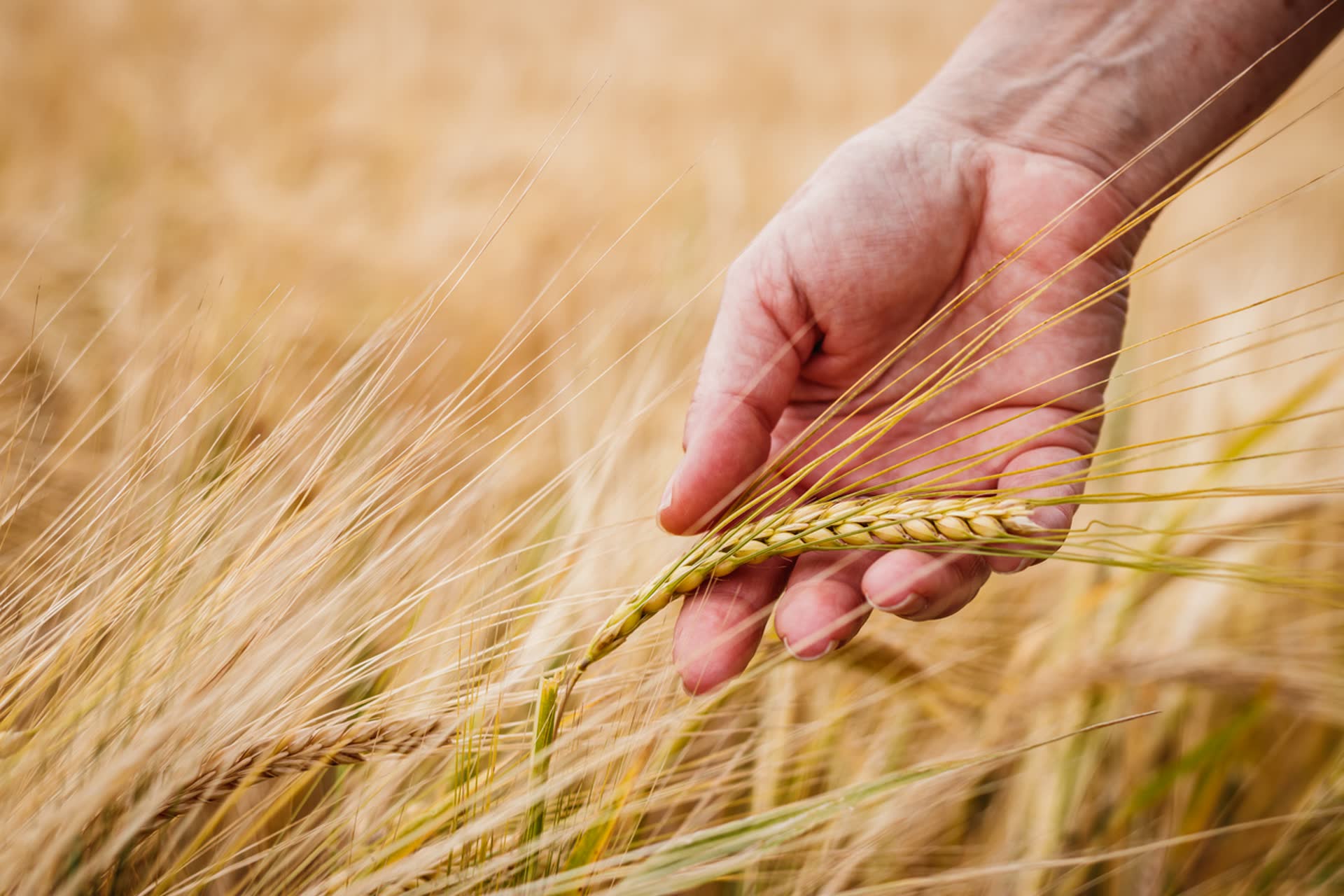Climcare for a low carbon malt
A highly ambitious range that fits right in with our sustainable development strategy
We are pursuing the commitments of our sustainable development strategy by creating the first low-carbon range. Aligned with the Group’s CSR strategy, the launch of this new range is part of the more far-reaching “Sowing Sense” approach, which aims to work towards the food and agriculture transition by developing sustainable channels respectful of our environment and creating value for the farmer as well as the customer.
ClimCare, to reduce the sector’s carbon footprint
A study into the breakdown of carbon emissions within the barley/malt/beer industry reveals that more than 25% of emissions come from barley production and the malting process Reducing the carbon footprint in this area is therefore a key challenge for everyone involved in the sector.
Malteries Soufflet is innovating with the launch of the first low-carbon range called ClimCare. To rise to this challenge, we have worked closely with Soufflet Agriculture and drawn on all our agronomic expertise to introduce more virtuous agricultural practices with our farming partners, resulting from hundreds of trials carried out over the past 10 years. As well as reducing emissions from barley production, this new range also comes with commitments to lower the carbon footprint of the malting process and logistics.
For brewery customers, ClimCare is a great opportunity to reduce their carbon footprint and to commit to the ecological transition, because with this low-carbon supply, they will be able to brew a more sustainable beer. With its positive environmental impact, our malt is also a way to stand out from the crowd and help drive growth in beer sales volumes.
“61% of consumers consider that the situation has become worrying and are calling for major changes, to consume less but better,” according to the Observatoire Société et Consommation in 2021.
A response to changing consumer expectations
Awareness of environmental issues is growing and prompting a change in consumer behaviour, with more emphasis on the product’s sustainability when deciding what to buy. For example, “nearly 60% of French people prefer to buy products with a low environmental impact or low carbon footprint,” according to the Kantar insights Food 360 study conducted in 2022.
This new low-carbon range is therefore the ideal response to the demand expressed by consumers.




